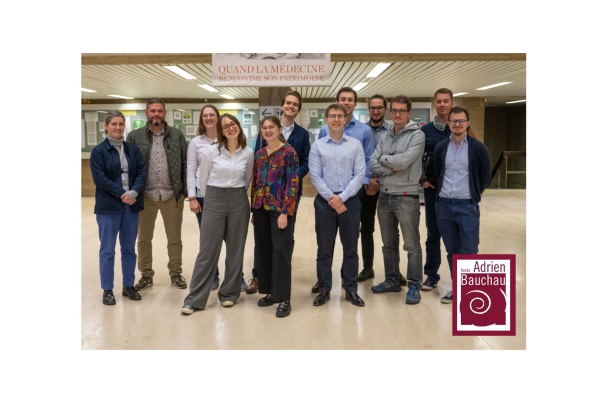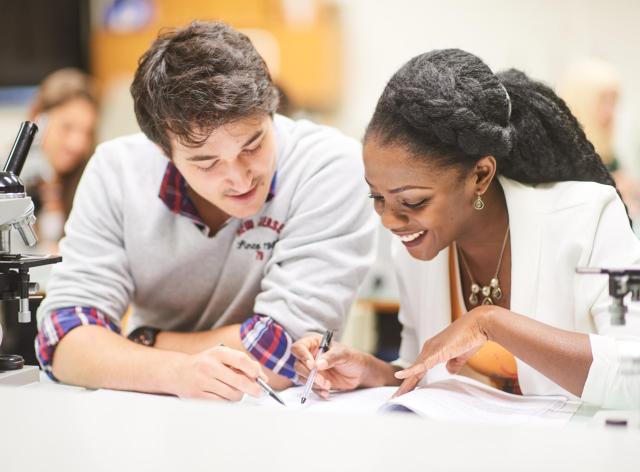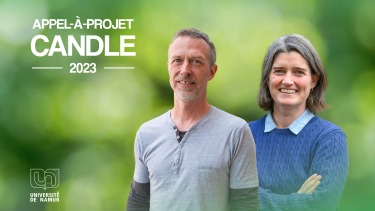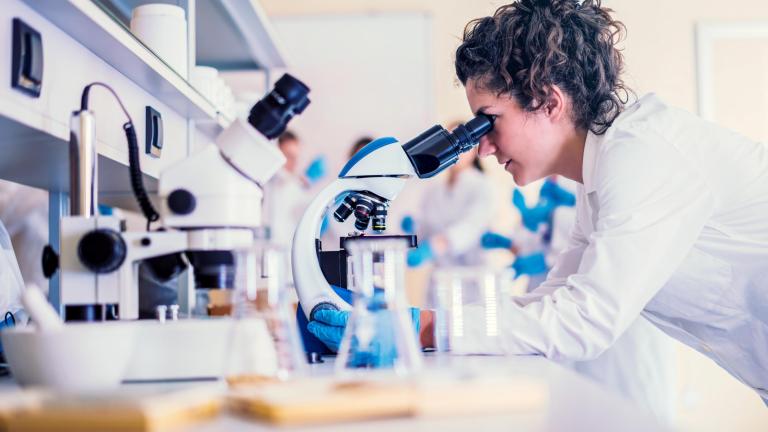The Biology Department strives to understand the living world in all its diversity, in the course of its evolution, from molecules to ecosystems, and to respond to complex societal problems such as biodiversity loss, infectious diseases, antibiotic resistance, etc. Biologists use an approach that integrates the laboratory, the field and computer tools.
Biology is a modern science on the move. It responds to complex societal problems such as biodiversity loss, antibiotic resistance, adaptation to climate change, the fight against chronic or infectious diseases, food safety... In short, biology is present everywhere in society.
Biology uses a wide range of scientific and technological knowledge and approaches that enable it to address the living world in all its diversity (viruses, bacteria, fungi, plants, parasites, animals, humans), throughout its evolution and at all levels of organization (molecules, cells, tissues, individuals, super-organisms, populations, ecosystems).
From knowledge of fundamental processes to multiple applications, the 21st century biologist is a complete scientist, wielding the scientific approach, as much in the laboratory as when out in the field (in natural areas) or when using computer analysis methods (and processing high-throughput data).
Adrien Bauchau 2024 Prize | Results
Two prizes were awarded on 10/12/2024, one in the BOE orientation and the other in the BBMC & MMM orientations.
The lucky recipients are Guillaume Gégo (UMons) for the BBMC&MMM orientations and Madeleine Martinussen (UCLouvain) for the BOE orientation.
These awards recognize students in the Biological Sciences class of 2024 for their dissertation work.





